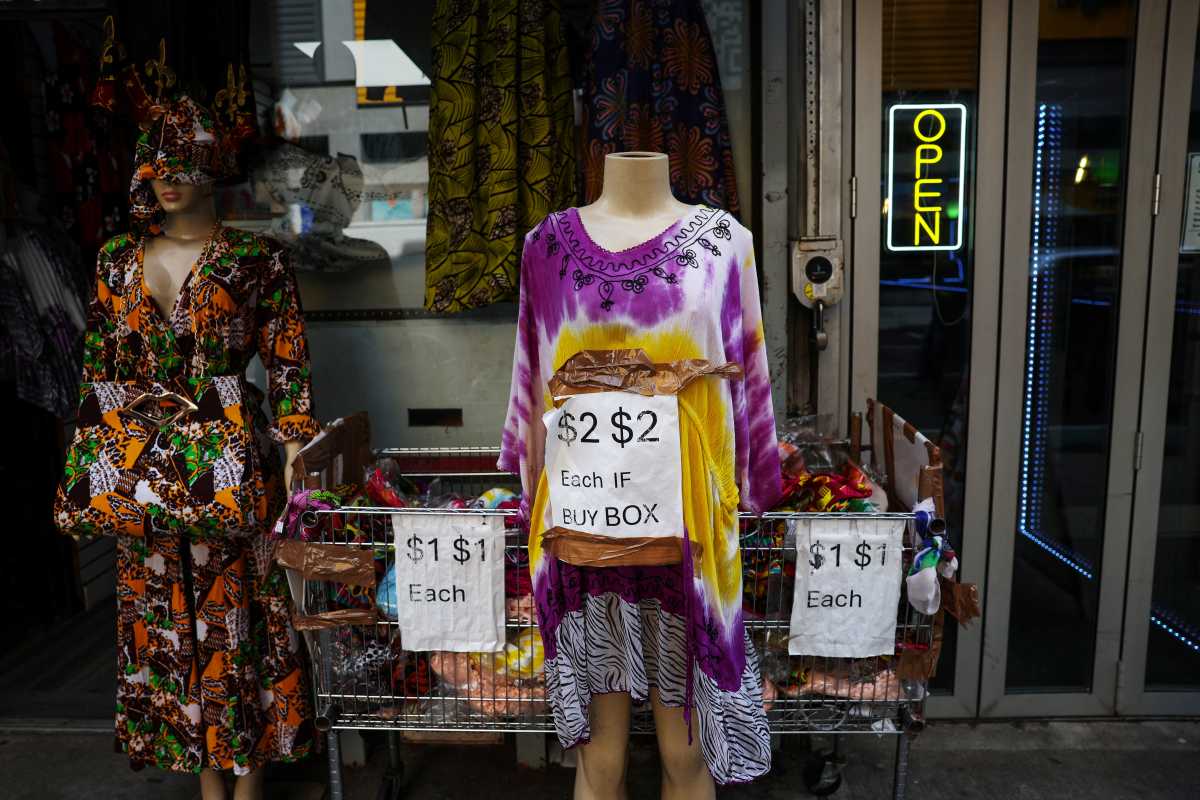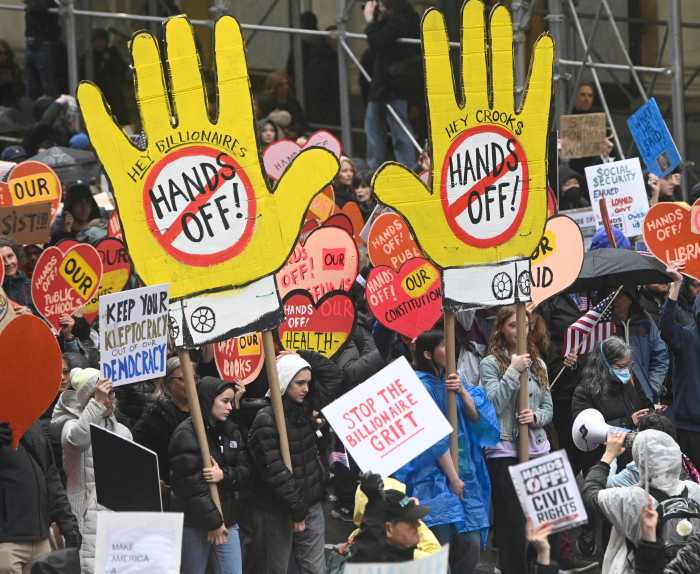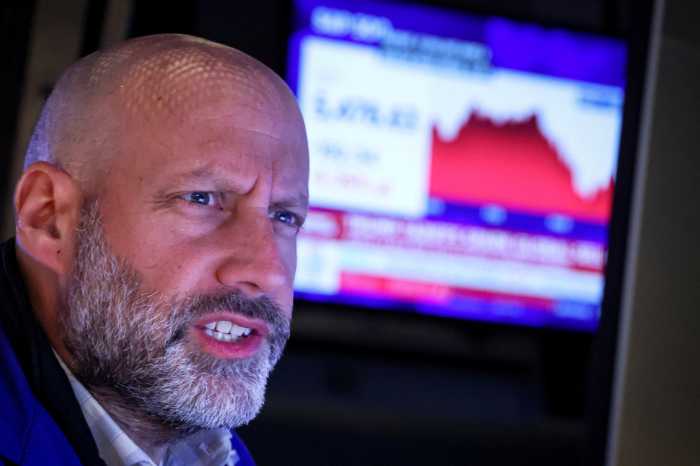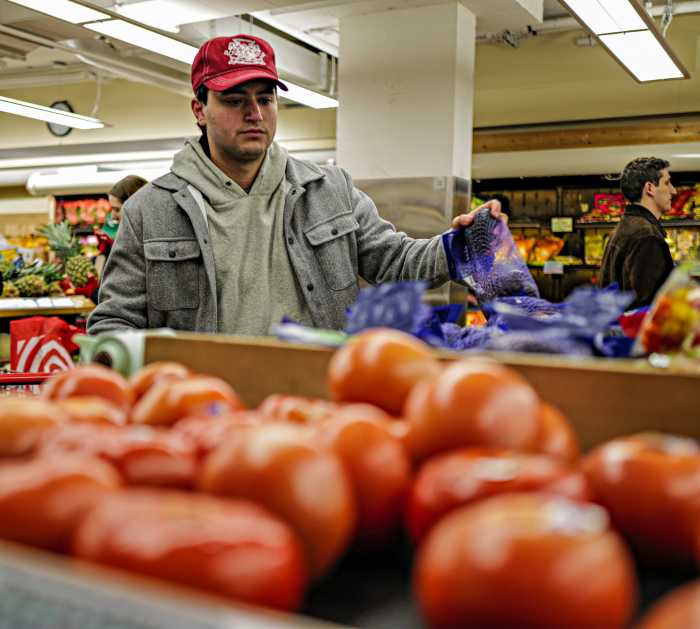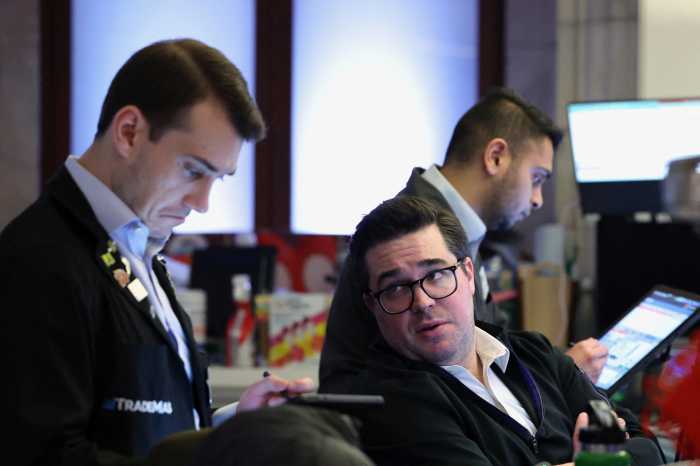The Trump administration’s sweeping new round of import tariffs has rattled both the stock markets and New York City’s business community, prompting panic and confusion, according to a preliminary assessment released Monday by the Manhattan Chamber of Commerce.
The new policies include a 25% tariff on automobiles, steel and aluminum and a 10% baseline tariff on most imported goods. Steeper rates are set to hit imports from countries with large trade surpluses with the United States, with “reciprocal” tariffs ranging from 11% to 50% scheduled for Wednesday.
Businesses that rely on goods from China, the European Union, Vietnam, Japan, India, South Korea, Switzerland, and Taiwan are expected to bear the brunt of the new measures. Beginning April 9, China alone faces a combined tariff rate of 54%.
The Chamber cited 2023 import data showing that the New York City metropolitan area imported $103 billion worth of goods last year. Europe accounted for approximately 31% of that total, while Eastern and broader Asia—including many of the countries now facing the highest tariffs—contributed another 36%.
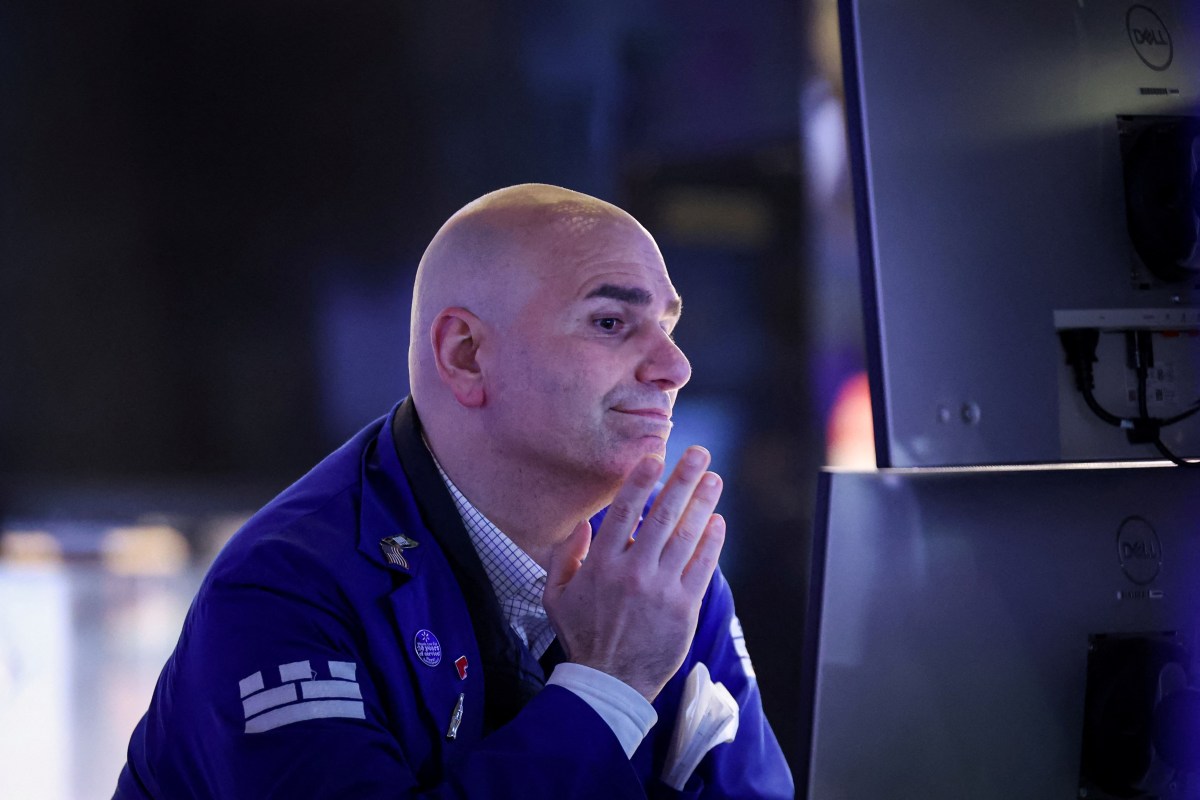
In its brief, the Chamber noted that many local businesses were unprepared for the abrupt rollout of the policies. While only some businesses will be directly affected, widespread concern has emerged due to confusion surrounding the implementation.
Jessica Walker, president and CEO of the Manhattan Chamber of Commerce, told NY1 that she has heard from many business owners who are alarmed by the prospect of escalating prices and uncertain about how to respond.
“People are very concerned,” Walker said. “We would like to see the tariffs be resolved very quickly so we can go back to business as usual. We were getting to a very good place, and we want to continue to grow.”
Walker said small businesses, in particular, are bracing for challenges. “In New York City, you have to think about the retail shop owner who sources their goods and their clothes from overseas, the restaurant that buys their specialty items from overseas. The bar owner, a lot of their top-shelf liquor is imported,” she said. “And so you have to think about the impact that these tariffs could have on all of us, in terms of raising prices, in terms of really hurting the health of our local businesses.”
The Chamber’s report pointed to sectors likely to be hardest hit, including restaurants, retailers, auto dealers and medical providers. Grocery prices are expected to rise first—especially for frequently replenished imports like seafood, coffee, fruit, alcohol, beef and rice. In the coming weeks, other consumer goods such as apparel, footwear, electronics, and luxury items are also expected to see price hikes.
Auto dealers face a 25% tariff on imported cars, while medical practices may see cost increases for imported medical devices, which were not exempted from the new policies. Pharmaceutical imports, however, remain unaffected.
Industry groups have warned that small medical providers may face particular hardship as they attempt to absorb rising equipment costs on already tight margins.
The Chamber also flagged potential international backlash. China announced it would impose a 34% tariff on all U.S. goods starting April 10 and plans to tighten export controls on rare earth minerals used in high-tech products. Canada and the European Union are reportedly considering retaliatory measures as well.
Walker said small businesses are especially vulnerable to the volatility.
“Part of the chaos right now is the uncertainty about if these tariffs are going to stick or not,” she said. “And they were done so abruptly. So there really wasn’t a lot of opportunity to plan, to look for additional supply routes, if you will. And so all of that has sort of created this chaos. There’s real pain here. And the longer the tariffs go on, the more prolonged this situation becomes, the harder this is going to become for our businesses.”



